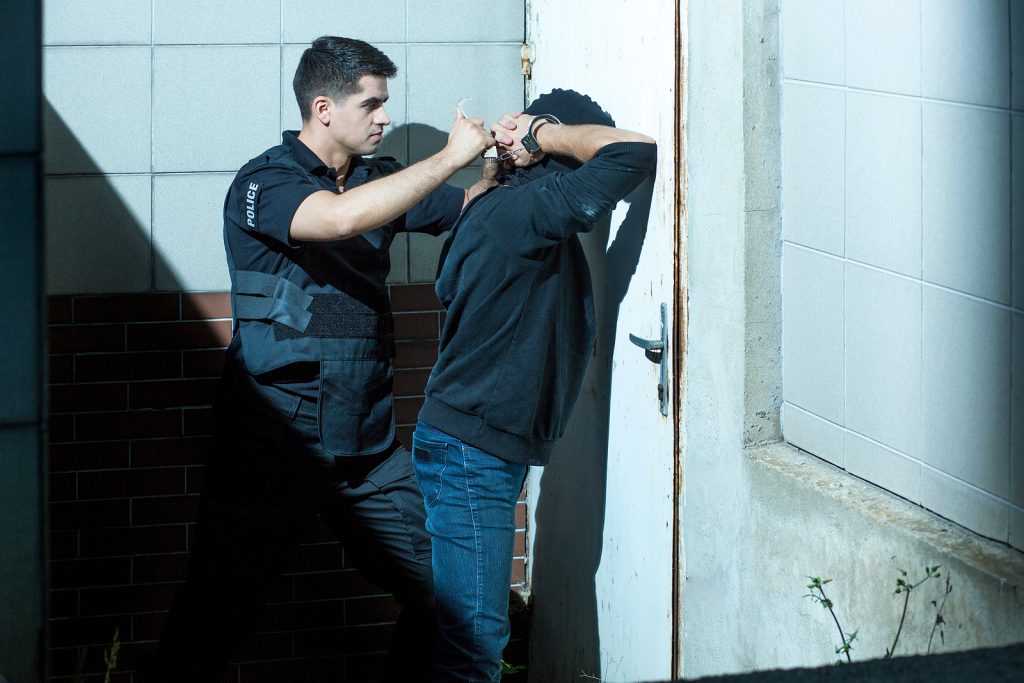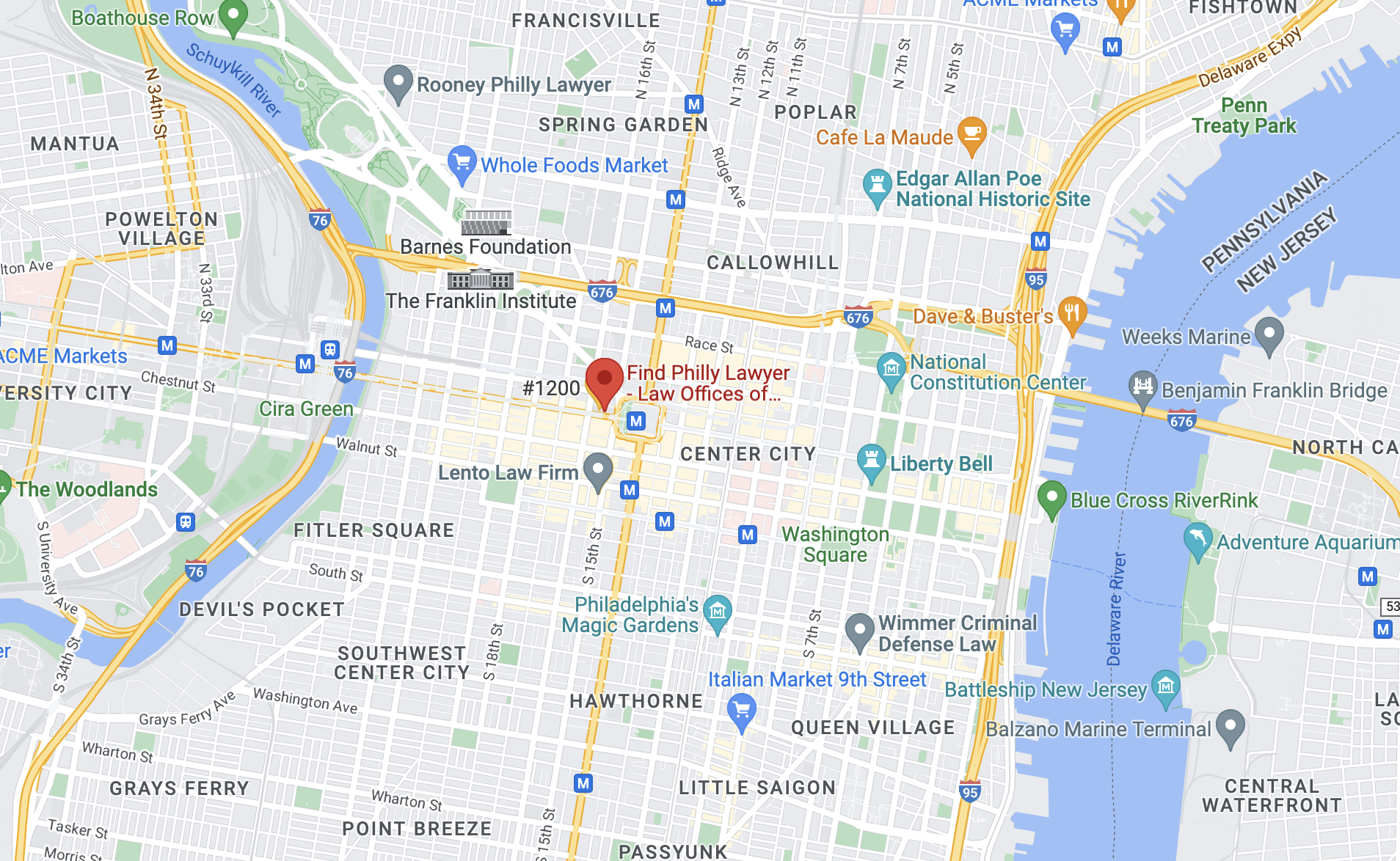While minors often face legal consequences for committing criminal offenses, they are treated very differently than adults. In fact, the juvenile justice system is largely separate from the adult system. Jail time is possible, but it looks different for juveniles.
While a minor facing drug charges may be detained, it is not really the same thing as being sentenced to jail or prison. The juvenile system works differently than the adult system, and even terminology differs. Instead of “convicted,” a minor may be “adjudicated” of drug charges. Potential outcomes of a juvenile case involving alleged drug offenses might include diversion programs, probation, or detention. Detention generally does not happen in a jail but at a juvenile detention facility. Talking to a lawyer might help you keep your child out of detention, depending on your situation. In some cases, minors may be tried as adults and sentenced to jail. However, this is more common in felony cases than minor drug offenses like possession.
If your child is facing drug charges, contact our Philadelphia criminal defense lawyers at The Liberty Law Team by calling (215) 826-3314 and schedule a free, private review of your situation.
Will a Minor Defendant Go to Jail for a Drug Conviction in Philadelphia?
Children being arrested and charged with criminal offenses is every parent’s nightmare. When this happens, parents sometimes panic at the thought of their child being sentenced to jail or prison. While juvenile offenders might be detained, it is not the same as being sentenced to jail time.
Jail and prisons are typically reserved for adult offenders. Juvenile offenders go through an entirely different justice system with similar yet distinct rules, regulations, and procedures. The juvenile justice system tends to focus more on rehabilitation and reform rather than punishment. While being detained as part of a punishment is possible, it is often not a first choice among courts and prosecutors.
A minor facing criminal charges often faces punishments geared more toward reformation and retribution. They might be required to participate in community service and attend counseling or educational classes. Some juvenile offenders are required to stay in school or hold down a part-time job as part of their punishment. While detention might be on the table, it is not always the most likely outcome.
Possible Sentencing Outcomes for Minors Facing Drug Charges in Philadelphia
There are various sentencing outcomes in juvenile court hearings. Remember, the juvenile justice system focuses more on rehabilitation than punishment, and many juvenile defendants can avoid detention. Working with an experienced attorney is a great first step.
Diversion Programs
Many juvenile defendants are placed in diversion programs. Numerous programs might be available depending on your child’s case and circumstances. In many cases, juveniles are able to avoid court hearings and incarceration by completing these diversion programs.
Once a program is completed, the juvenile’s charges might be completely dismissed. This allows them to move forward with a clean record. Programs tend to be community-based and service-oriented. Talk to our Delaware County criminal defense attorneys as soon as possible about the possibility of a diversion program.
Juvenile Probation
Juveniles are sometimes sentenced to probation upon adjudication for drug-related offenses. Probation in the juvenile system is similar to probation in the adult system. While defendants are permitted to serve their sentences from home, they must abide by strict rules imposed by the court.
In juvenile cases, these rules often revolve around staying out of trouble and community service. Your child might be required to be home by a certain curfew, stay in school, participate in community service, and attend counseling for drugs, alcohol, or other issues. If all goes well, your child might complete their probation without ever being placed in detention.
Detention
Detention is the term used in the juvenile justice system to refer to incarceration. If a judge places your child in detention for a drug-related offense, they might be sent to a juvenile detention facility. Remember, this is not jail or prison, although juveniles are not free to leave.
How long your child might be placed in detention depends on their case. First-time, non-violent offenders are far more likely to have shorter sentences in detention facilities. In many facilities, juveniles continue with schooling and take part in counseling and educational courses.
How to Keep Your Child Out of Jail After a Drug Conviction in Philadelphia
Navigating the juvenile justice system can be very challenging for parents and their children. One of the best things you can do to keep your child out of a detention facility is to hire an experienced juvenile defense lawyer.
The court might have a number of options for your child’s case, including sending them to a detention facility. Your attorney should be able to effectively advocate for the least restrictive penalties, such as probation or a diversion program, so your child does not have to be detained.
Can a Minor Facing Drug Charges in Philadelphia Be Tried as an Adult?
You have probably read or heard about stories in the news of minors being charged with serious crimes and tried as adults. Such juvenile defendants might face time behind bars, not a juvenile detention center. While this is a possibility to talk about with your attorney, it usually does not happen unless juvenile defendants are facing charges that would be serious felonies if committed by adults.
Many non-violent drug offenses are not considered felonies and are unlikely to qualify a juvenile defendant for a transfer to the adult justice system. If prosecutors broach the prospect of a transfer, your attorney can help you keep your child in the juvenile court system.
If Your Child is Facing Drug Charges, Call Our Philadelphia Juvenile Defense Lawyers
If you have a child who is facing drug-related charges, contact our Bucks County criminal defense attorneys at The Liberty Law Team by calling (215) 826-3314 and arrange a free, private review of your case.





 Liberty Law Team
Liberty Law Team  (215) 826-3314
(215) 826-3314 lonny@libertylawteam.com
lonny@libertylawteam.com





